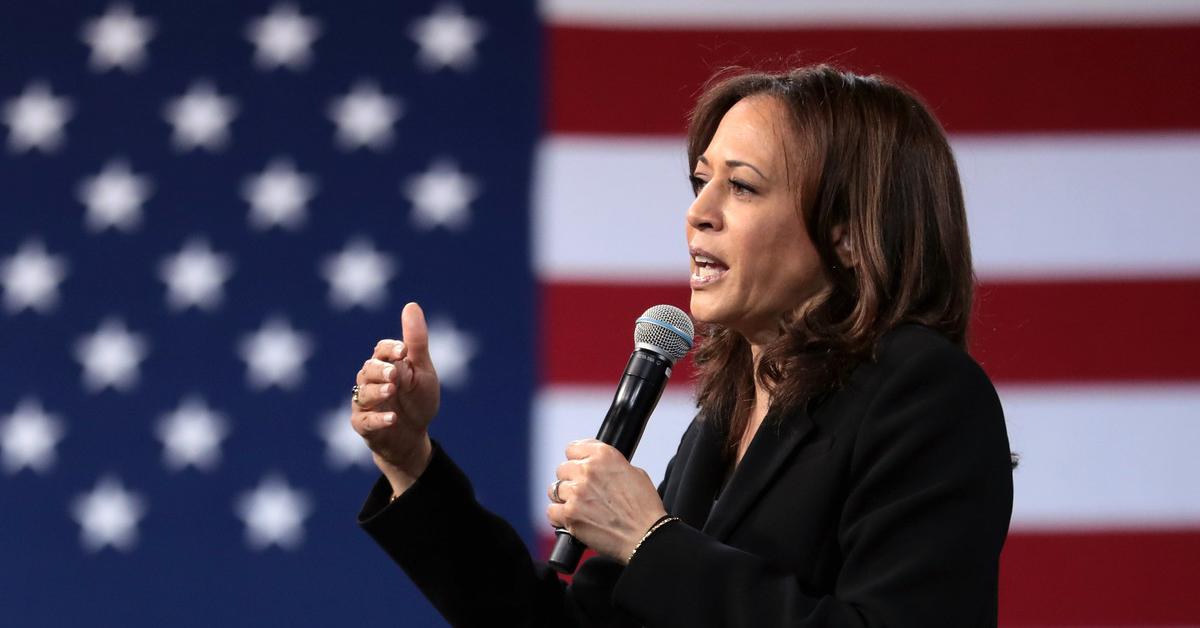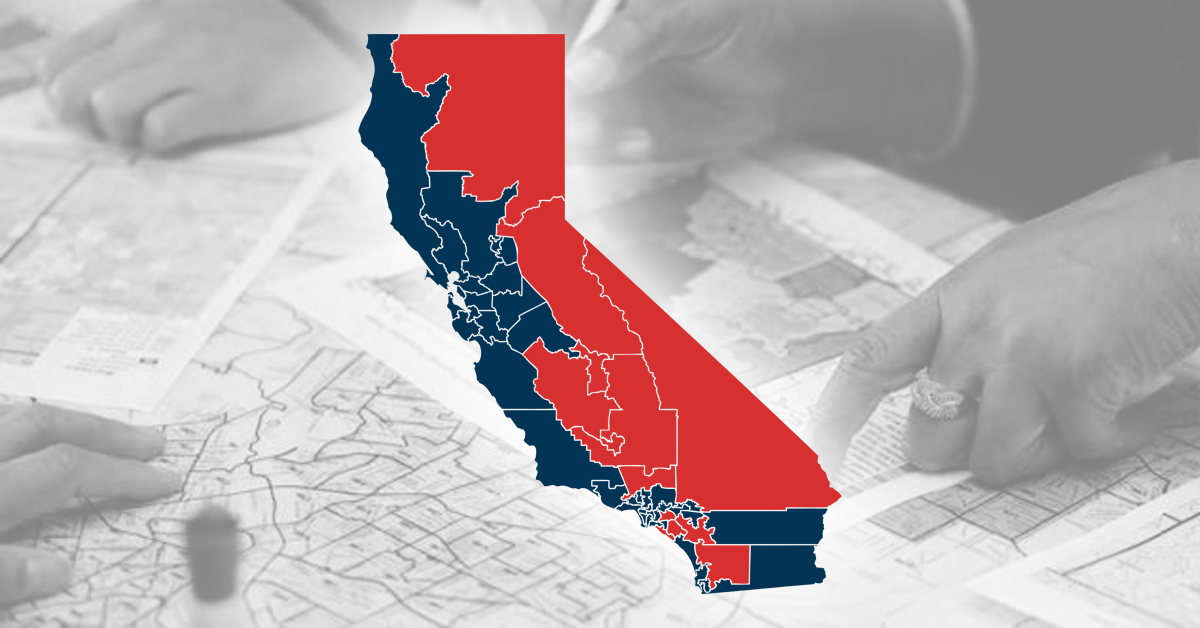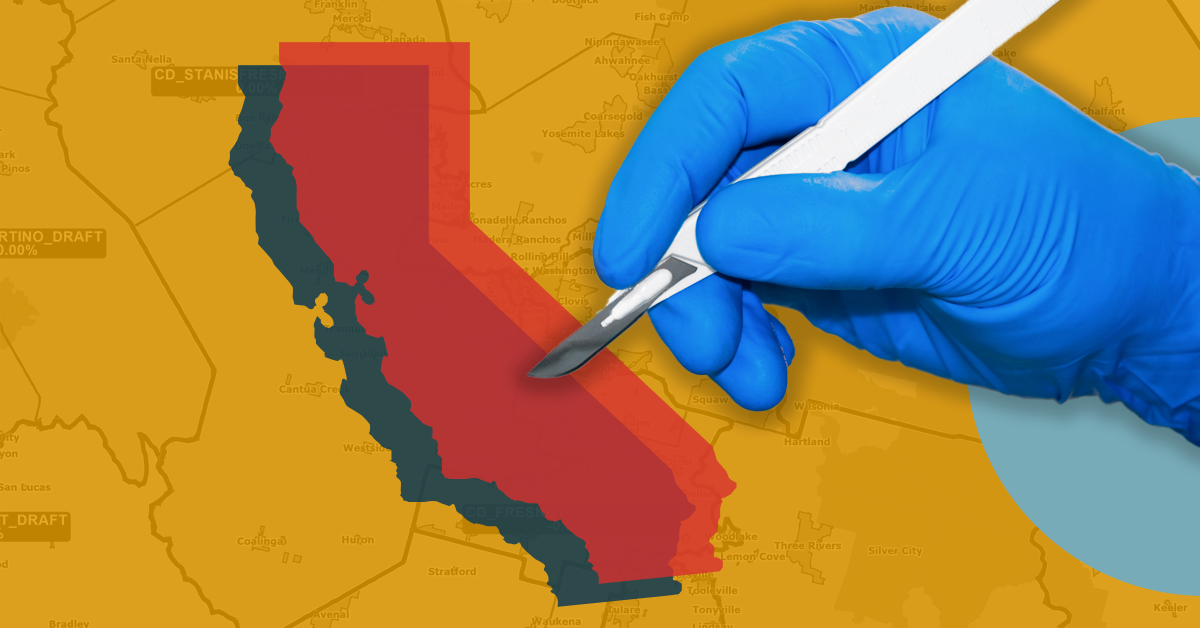As California’s citizen-led redistricting commission begins the process of attempting to redraw, the Golden State’s soon-to-be top elections officer is pushing to have one group of Californians factored into the count for Congressional and legislative districts: jailed felons in California’s prisons.
The wrinkle? She wants them counted in their original homes, not their prisons.
In a letter to California’s Citizen Redistricting Commission, Asm. Shirley Weber (D–San Diego) – the state’s freshly-appointed Secretary of State – called for the panel to “deem each incarcerated person as residing at his or her last known place of residence, rather than at the institution of his or her incarceration.”
According to a 2019 census of the California Department of Corrections and Rehabilitation, the central and southern counties of the San Joaquin Valley play host to nearly 40,000 inmates.
Nearly one-third of all California state prisons sit within four Valley counties: Madera, Fresno, Kings, and Kern counties.
What’s the impact of shifting incarcerated felons to their pre-incarceration homes by Congressional district? A handy visual from California political data guru Paul Mitchell gives a decent idea:
Based on the 2017 map, the residence of those inmates would, undoubtedly, impact the count for purposes of drawing Congressional and state legislative districts for the 2020s – especially in the southern San Joaquin Valley.
As it stands, California is expected to lose a Congressional seat for the first time since it was admitted into the Union, owing to an exodus of residents to states in the Mountain and southwest.
Where that loss will be extracted is up to the citizen-led panel to decide over the course of 2021.









